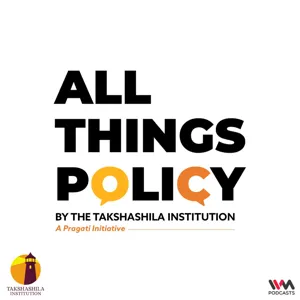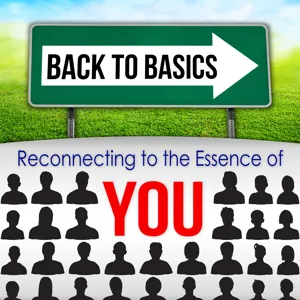Learn more about Lynne Twist and the Soul of Money at:
https://soulofmoney.org/
(5) Lynne Twist | LinkedIn
For more than 40 years, Lynne Twist has been a recognized global visionary committed to alleviating poverty, ending world hunger, empowering the status of women and girls, supporting social justice, and environmental sustainability.
The breadth and scope of Lynne’s work range from working with Mother Teresa in Calcutta, to working with refugees in camps in Ethiopia and the threatened rainforests of the Amazon, as well as guiding the philanthropy of some of the world’s wealthiest families and working directly with the women who won the Nobel Peace Prize. Lynne’s on-the-ground work has brought her a deep understanding of global issues, the challenges women and girls face worldwide, people’s relationship with money, and the transformation of human consciousness. Her extensive knowledge and experience have led her to profound insights into the social tapestry of the world and the historical landscape of the times in which we are living.
Lynne wrote a best-selling, award-winning book called, “The Soul of Money: Transforming Your Relationship with Money and Life” (W.W. Norton, 2003) which has been translated into nine languages including Korean, Chinese, Vietnamese, French, Spanish, German, Japanese, Bulgarian and Portuguese.
Lynne’s newest book, “Living a Committed Life: Finding Freedom and Fulfillment in a Purpose Larger Than Yourself” (Berrett-Koehler, November 2022) demonstrates how a commitment to a purpose larger than yourself can enliven and empower you. In this book, Lynne shares stories and perspectives gained from her decades as a global thought leader and activist working to end hunger and poverty, protect the Amazon rainforest, empower women’s leadership, and transform people’s relationships with money. Living a Committed Life presents her vision for a world that works for everyone as well as her guiding principles for living a life of commitment and joyous action.
Please leave a review or send us a Voice note letting us know what you enjoyed at:
Back2Basics reconnecting to the essence of YOU (podpage.com)
Follow us on IG and FB @Back2BasicsPodcast

















